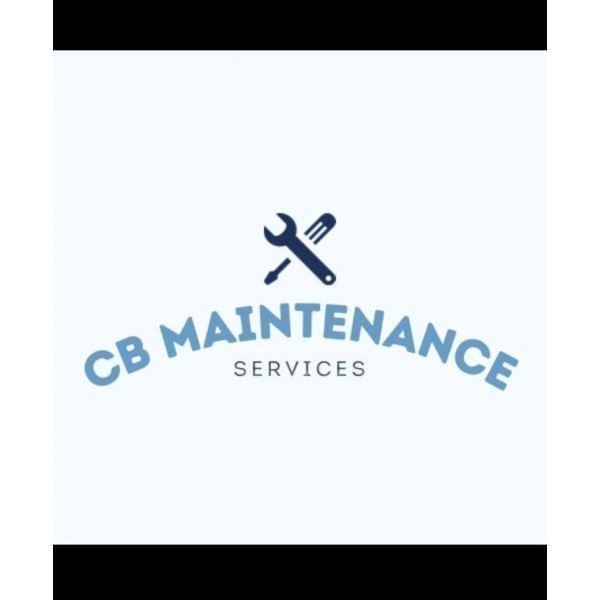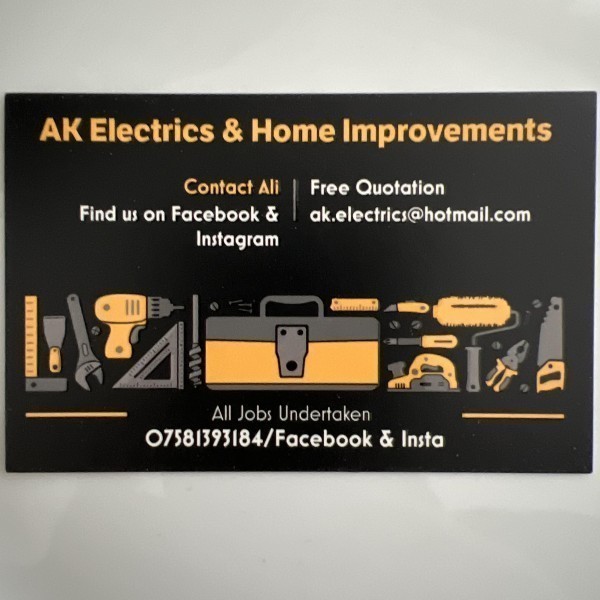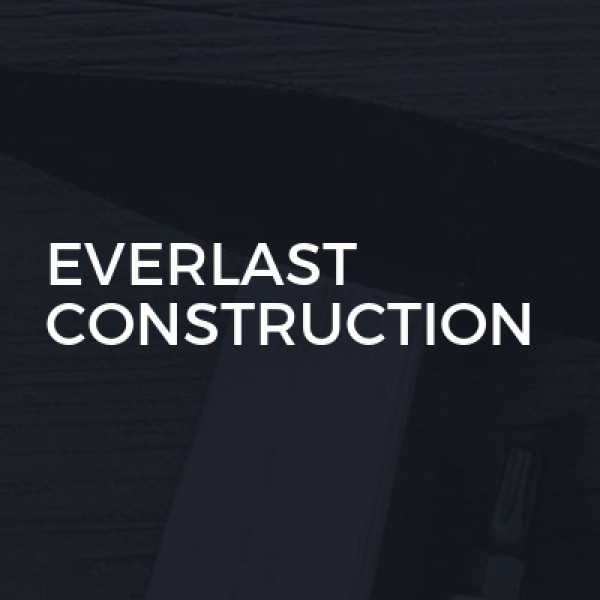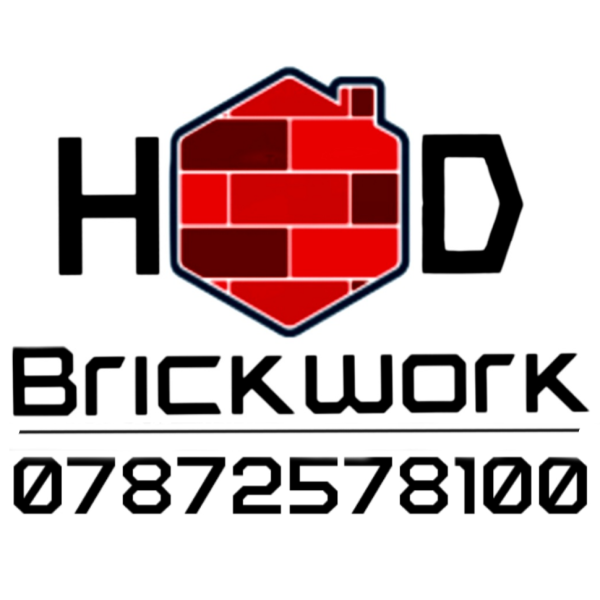Loft Conversions in Dronfield
Filter your search
Post your job FREE and let trades come to you
Save time by filling out our simple job post form today and your job will be sent to trades in your area so you can sit back, relax and wait for available trades to contact you.
Post your job FREESearch Loft Conversions in places nearby
Understanding Loft Conversions in Dronfield
Loft conversions in Dronfield have become a popular choice for homeowners looking to maximise their living space without the hassle of moving. This charming town, nestled in the heart of Derbyshire, offers a unique blend of historical charm and modern convenience, making it an ideal location for such home improvements. Whether you're considering a loft conversion to create an extra bedroom, a home office, or a playroom, understanding the process and benefits is crucial.
The Benefits of Loft Conversions
Loft conversions offer numerous advantages, making them an attractive option for homeowners. Firstly, they add significant value to your property. By transforming unused attic space into a functional room, you can increase your home's market value by up to 20%. Additionally, loft conversions provide more living space without the need for an extension, which can be more costly and time-consuming.
Moreover, loft conversions are versatile. Whether you need an extra bedroom, a home office, or a creative studio, the possibilities are endless. They also enhance the aesthetic appeal of your home, offering a modern and stylish touch to your living space.
Types of Loft Conversions
There are several types of loft conversions to consider, each with its own set of benefits and requirements. The most common types include:
- Dormer Loft Conversion: This is the most popular type, involving the construction of a dormer window that projects vertically from the sloping roof. It provides additional headroom and floor space.
- Mansard Loft Conversion: Typically found in older properties, this type involves altering the roof structure to create a flat roof with a slight slope. It offers maximum space but requires more structural changes.
- Hip-to-Gable Loft Conversion: Ideal for semi-detached or detached houses, this conversion extends the sloping side of the roof to create a vertical wall, increasing space and headroom.
- Velux Loft Conversion: The simplest and most cost-effective option, this conversion involves installing Velux windows into the existing roofline, without altering the roof structure.
Planning Permission and Building Regulations
Before embarking on a loft conversion in Dronfield, it's essential to understand the planning permission and building regulations involved. Generally, loft conversions fall under permitted development rights, meaning you don't need planning permission. However, there are exceptions, especially if your property is in a conservation area or is a listed building.
Building regulations, on the other hand, are mandatory. They ensure that the conversion is structurally sound, safe, and energy-efficient. Key areas covered by building regulations include structural integrity, fire safety, insulation, and ventilation. It's advisable to consult with a professional architect or builder to ensure compliance with all necessary regulations.
Choosing the Right Contractor
Selecting the right contractor is crucial to the success of your loft conversion project. Look for contractors with experience in loft conversions, particularly in the Dronfield area. They should have a portfolio of completed projects and positive customer reviews.
It's also important to obtain multiple quotes to compare prices and services. Ensure that the contractor provides a detailed breakdown of costs, including materials, labour, and any additional expenses. A reputable contractor will also offer a contract outlining the project timeline, payment schedule, and terms and conditions.
Design Considerations for Loft Conversions
Design plays a significant role in the success of a loft conversion. Consider how you intend to use the space and plan the layout accordingly. For instance, if you're creating a bedroom, ensure there's adequate space for a bed, storage, and other furniture. If it's a home office, consider the placement of desks, chairs, and equipment.
Lighting is another crucial aspect. Natural light can be maximised by installing skylights or dormer windows. Additionally, consider the placement of electrical outlets and lighting fixtures to ensure the space is functional and well-lit.
Cost of Loft Conversions in Dronfield
The cost of a loft conversion in Dronfield can vary significantly depending on the type of conversion, the size of the space, and the materials used. On average, a basic loft conversion can cost between £20,000 and £40,000. However, more complex conversions, such as mansard or hip-to-gable, can exceed £50,000.
It's important to budget for additional costs, such as planning permission fees, building regulation approvals, and any unforeseen expenses that may arise during the project. Obtaining a detailed quote from your contractor can help you plan your budget effectively.
Maximising Space in Your Loft Conversion
Maximising space is a key consideration in any loft conversion. Clever storage solutions, such as built-in wardrobes or shelving, can help you make the most of the available space. Consider using the eaves for storage, as they are often underutilised.
Furniture placement is also important. Opt for multi-functional furniture, such as sofa beds or foldable desks, to maximise space and functionality. Additionally, using light colours and mirrors can create the illusion of a larger space.
Insulation and Energy Efficiency
Insulation is a critical component of any loft conversion, ensuring the space is comfortable and energy-efficient. Proper insulation can help regulate temperature, reduce energy bills, and minimise noise from outside.
There are several insulation options available, including fibreglass, foam, and wool. Each has its own benefits and drawbacks, so it's important to choose the right type for your needs. Consult with your contractor to determine the best insulation solution for your loft conversion.
Addressing Structural Challenges
Structural challenges are common in loft conversions, particularly in older properties. Issues such as low ceiling height, uneven floors, or inadequate support beams can complicate the conversion process.
Addressing these challenges requires careful planning and expertise. A structural engineer can assess the existing structure and recommend solutions, such as reinforcing beams or raising the roof height. It's important to address these issues early in the planning process to avoid costly delays or complications.
Enhancing Natural Light
Natural light can transform a loft conversion, making it feel bright and welcoming. Skylights and dormer windows are popular options for enhancing natural light, allowing sunlight to flood the space.
Consider the orientation of your home and the position of windows to maximise light exposure. Additionally, using light colours and reflective surfaces can help amplify natural light, creating a warm and inviting atmosphere.
Incorporating Sustainable Practices
Sustainability is an important consideration in modern loft conversions. Incorporating eco-friendly practices can reduce your environmental impact and enhance the energy efficiency of your home.
Consider using sustainable materials, such as reclaimed wood or recycled insulation. Additionally, energy-efficient windows and lighting can reduce energy consumption and lower utility bills. Solar panels are another option for generating renewable energy and reducing your carbon footprint.
Legal and Safety Considerations
Legal and safety considerations are paramount in any loft conversion project. Ensuring compliance with building regulations and safety standards is essential to protect your investment and ensure the safety of your family.
Fire safety is a key concern, particularly in loft conversions. Installing smoke alarms, fire doors, and escape routes can enhance safety and provide peace of mind. Additionally, ensuring proper ventilation and structural integrity is crucial to prevent issues such as dampness or structural failure.
Frequently Asked Questions
- Do I need planning permission for a loft conversion in Dronfield? Generally, loft conversions fall under permitted development rights, but exceptions exist, especially in conservation areas or listed buildings.
- How long does a loft conversion take? The duration varies depending on the complexity of the project, but most loft conversions take between 6 to 12 weeks to complete.
- Can I convert any loft? Not all lofts are suitable for conversion. Factors such as ceiling height, roof structure, and access must be considered.
- What is the best type of loft conversion? The best type depends on your needs, budget, and property type. Dormer conversions are popular for their balance of cost and space.
- How much value does a loft conversion add? A loft conversion can add up to 20% to your property's value, depending on the quality and type of conversion.
- Is a loft conversion worth it? Yes, loft conversions offer additional living space, increase property value, and are often more cost-effective than moving.
Final Thoughts on Loft Conversions in Dronfield
Loft conversions in Dronfield offer a fantastic opportunity to enhance your living space and increase your property's value. With careful planning, the right contractor, and attention to detail, you can transform your loft into a functional and stylish area that meets your needs. Whether you're looking to create an extra bedroom, a home office, or a creative studio, a loft conversion is a worthwhile investment that can provide lasting benefits for years to come.

















